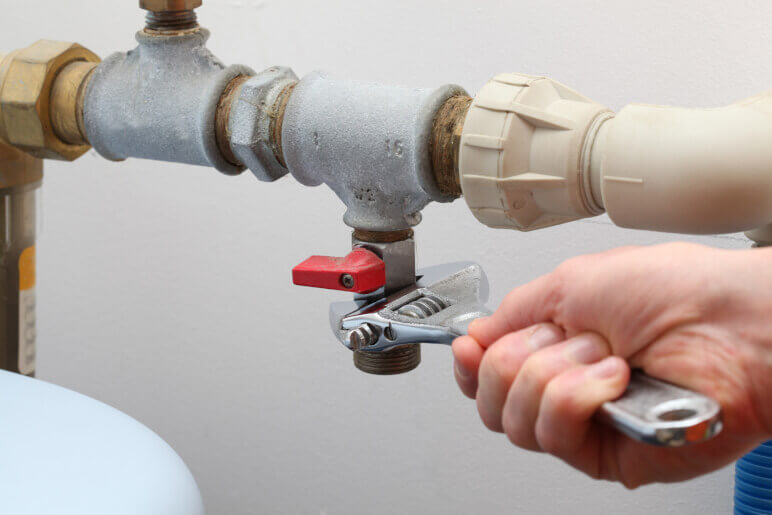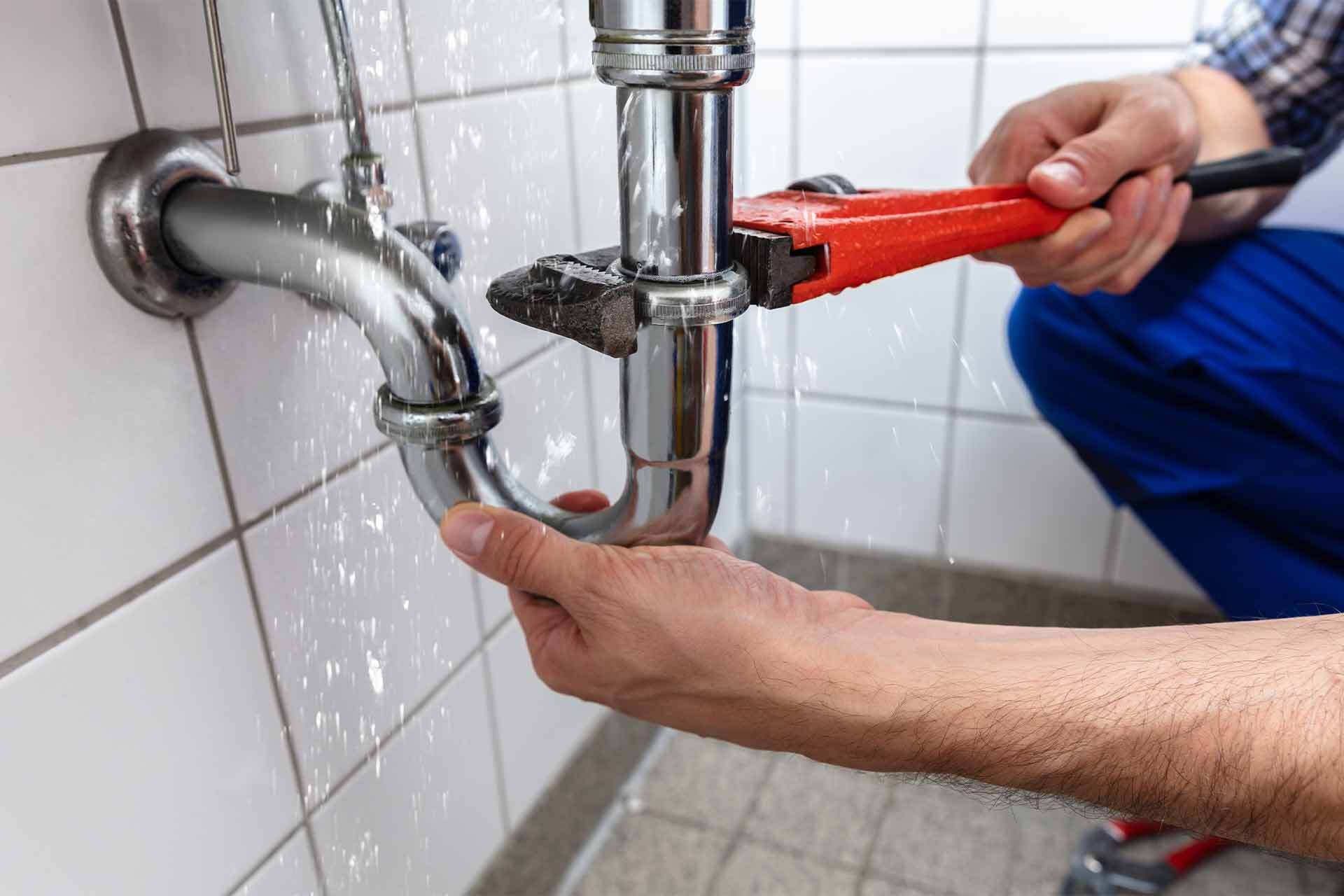Handling Your New Home's Bathroom Plumbing: Key Tips
Handling Your New Home's Bathroom Plumbing: Key Tips
Blog Article
Presented here in the next paragraphs you'll find more high-quality information on the subject of Plumbing Tips for New Homeowners.

For brand-new house owners, understanding and maintaining bathroom pipes can save both time and money by preventing pricey issues down the line. Below are some important washroom plumbing tips to aid you maintain everything running smoothly.
Get Ready For Winter
Protect your pipes from cold throughout cold weather by protecting pipelines in unheated locations like basements, attic rooms, and garages. Throughout severe chilly, allow cold water drip from faucets served by exposed pipes to help stop cold.
Set Up Normal Maintenance
Consider scheduling yearly inspections with an accredited plumbing professional. They can identify issues that you may miss out on, such as surprise leaks or damage on pipes and components. Routine upkeep helps prolong the life of your pipes system and can prevent emergency situations.
Acquaint Yourself with the Key Shut-Off Shutoff
Understanding where the primary water shut-off shutoff lies in your home is critical. This allows you to swiftly switch off the supply of water in case of major leaks or during pipes emergency situations, stopping substantial water damage.
Routinely Examine for Leaks
Small leaks can cause large issues. Consistently examine under sinks, around toilets, and near pipes components for any type of indications of leakages. Look for dampness, tiny drips, or rust. Catching and fixing leaks early can stop a lot more serious damages and save water.
Preserve Your Hot Water Heater
Ensure your water heater is readied to an ideal temperature level (normally around 120 levels Fahrenheit) to prevent scalding and lower power usage. Flush the tank every year to eliminate sediment buildup, which can decrease the performance and life-span of your heating system.
Upgrade Your Components
If your home has older fixtures, think about updating to extra effective designs. Modern commodes, showerheads, and faucets are developed to utilize much less water while offering great stress, which can significantly minimize your water bill and ecological footprint.
Be Cautious with Do It Yourself Plumbing Fixes
While it's tempting to take care of all home repair work on your own, beware with pipes. Some concerns may need professional expertise, specifically if they entail major water lines or drain fixings. Employing a specialist can occasionally be more affordable than do it yourself, specifically if it avoids more damages.
Do Not Disregard Slow Drains Pipes
If your sink or bath tub is draining pipes gradually, it's frequently an indication of an obstruction forming. Addressing this early can avoid a full clog. Use a plunger or a plumbing technician's snake to clear out particles. Avoid using chemical drainpipe cleansers as they can damage your pipelines gradually.
Know What Not to Flush
Toilets are not garbage disposals. Avoid flushing anything apart from toilet paper and human waste. Items like wipes, womanly health products, and cotton bud must be disposed of in the garbage to avoid blockages and sewer back-ups.
Mount Strainers in Drains
Area strainers in your sink and bath tub drains to capture hair and other particles before they enter your plumbing system. Cleansing the filters frequently will aid prevent accumulation and maintain water moving freely.
Final thought
Understanding and keeping your home's bathroom plumbing can stop numerous typical problems. By complying with these essential ideas, you can guarantee your shower room stays functional and reliable, conserving you time and money in the future.
Essential Plumbing Tips for Homeowners: Keep Your Pipes Flowing Smoothly
As a homeowner, understanding the basics of your plumbing system can save you time, money, and a lot of headaches. Plumbing issues can range from minor annoyances like dripping faucets to major problems like burst pipes that cause significant damage. This guide provides essential tips to help you maintain your plumbing system and tackle common issues.
Understanding Your Plumbing System
Supply System: Brings fresh water into your home from a municipal source or a well. Drain-Waste-Vent System: Removes wastewater and vents sewer gases outside. Fixtures and Appliances: Includes sinks, toilets, showers, dishwashers, and washing machines. Basic Maintenance Tips
Regular Inspections: Periodically check for leaks, corrosion, and other signs of wear and tear. Look under sinks, around toilets, and near water heaters. Know Your Main Shut-Off Valve: In case of a major leak, you’ll need to shut off the water quickly. Ensure everyone in your household knows where the main shut-off valve is located. Prevent Frozen Pipes: In cold climates, insulate exposed pipes and let faucets drip during extreme cold to prevent freezing. Use Strainers: Install strainers in sinks and tubs to catch hair, food particles, and other debris that can cause clogs. Common Plumbing Issues and Solutions
Clogged Drains:
Prevention: Avoid pouring grease down the drain and use drain screens to catch debris. DIY Fix: Use a plunger or a plumbing snake to clear minor clogs. For stubborn clogs, a mixture of baking soda and vinegar can sometimes help. Leaky Faucets:
Prevention: Replace washers and seals regularly. DIY Fix: Turn off the water supply, disassemble the faucet, and replace worn parts.

Website Report this page